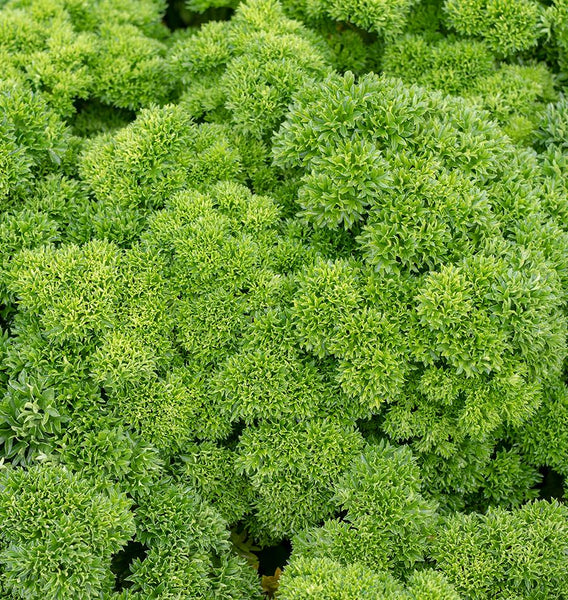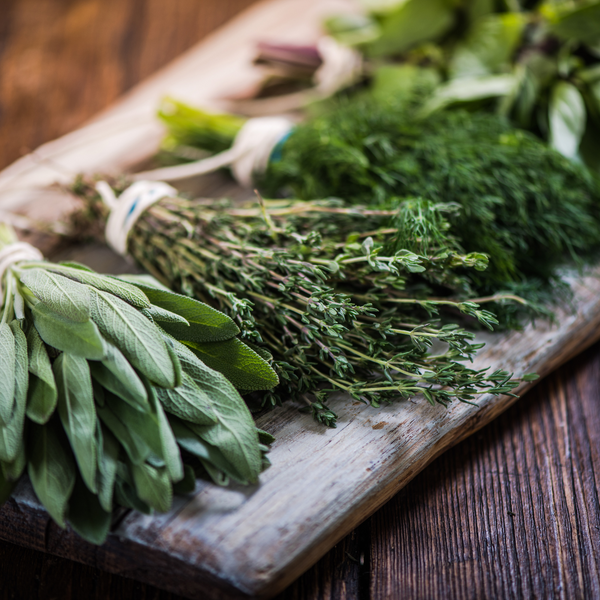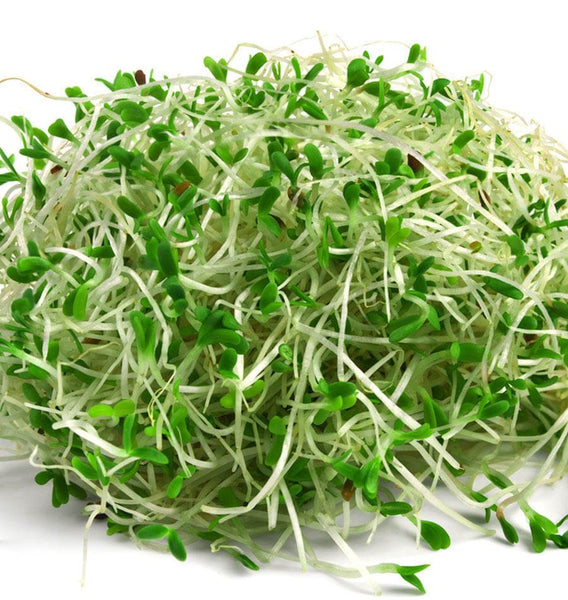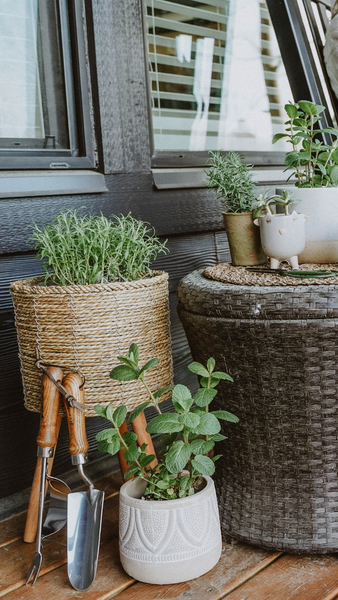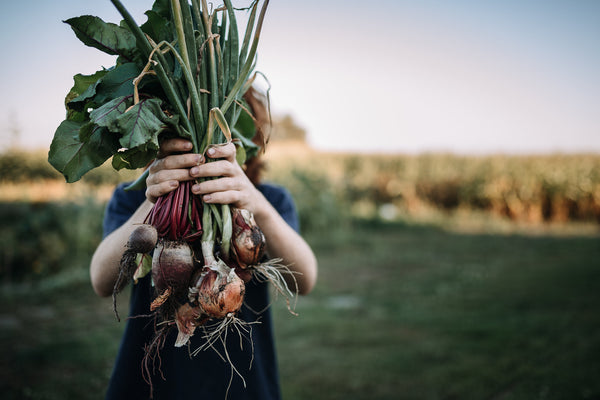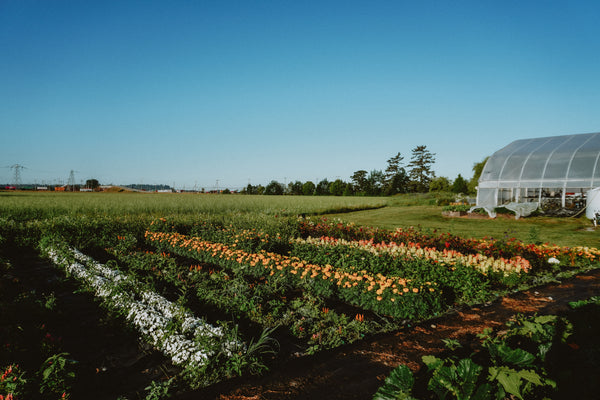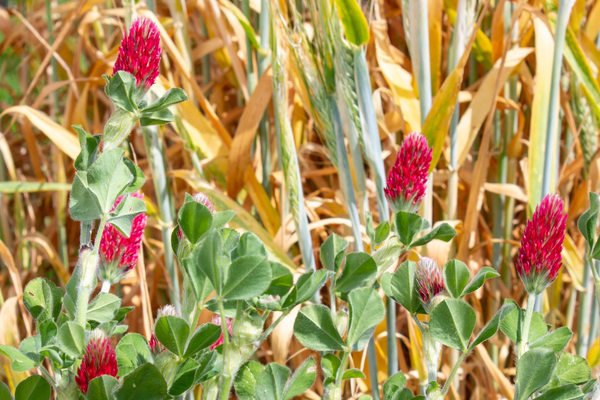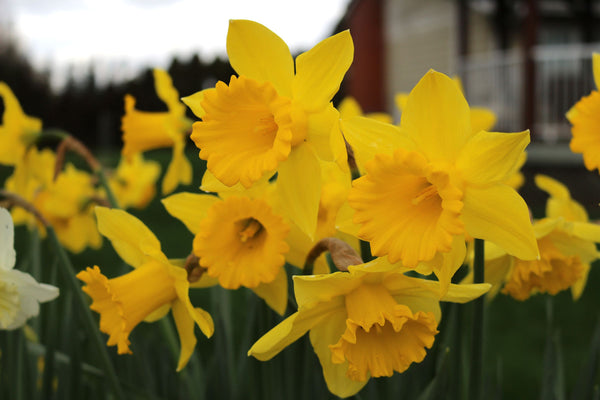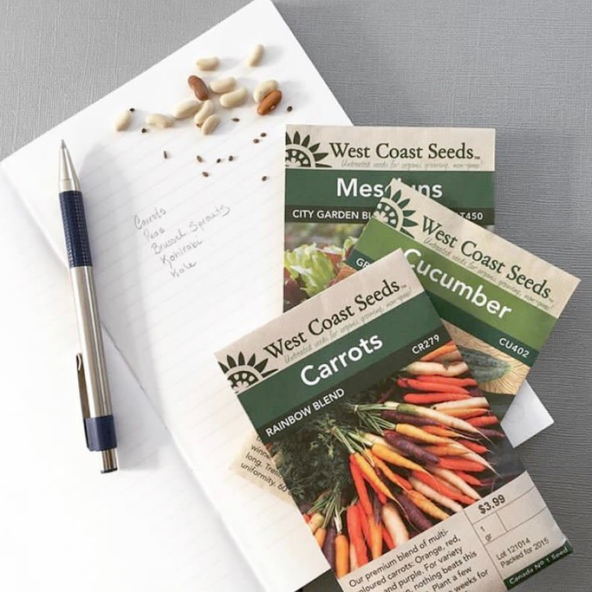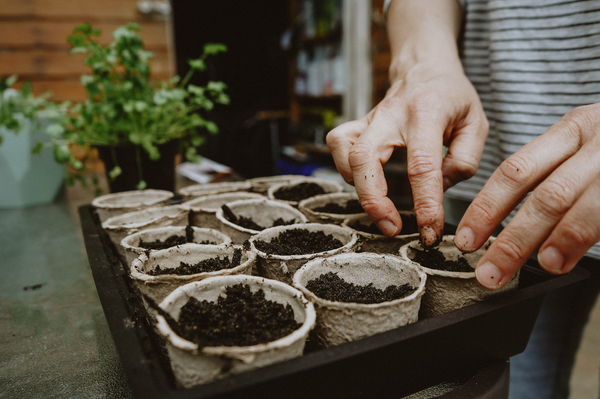Below is a list of the ingredients in our Beneficial Insect Wildflower seeds. This blend was designed to include the maximum number of flowers known to attract pollinators and predatory insects that feed on pest species. For instance, dill is attractive to lacewings, ladybird beetles, and the tiny parasitoid wasps that kill aphids. The purpose of this mix is to increase the biodiversity in your garden and take advantage of naturally occurring food pyramids to control pest insects and improve pollination at the same time. The ideal time to plant wildflower seeds is March to April.
| Baby Blue-Eyes | Nemophila menziesii |
| Bishop's Flower | Ammi majus |
| Black-Eyed Susan | Rudbeckia hirta |
| California Poppy | Eschscholzia californica |
| Candytuft | Iberis umbellata |
| Cilantro | Coriandrum sativum |
| Cosmos | Cosmos spp. |
| Fennel | Foeniculum vulgare |
| Gayfeather | Liatris spicata |
| Globe Gilia | Gilia capitata |
| Lance-Leaf Coreopsis | Coreopsis lanceolata |
| Purple Prairie Clover | Dalea purpurea |
| Shasta Daisy | Chrysanthemum maximum |
| Siberian Wallflower | Cheiranthus allionii |
| Sweet Alyssum | Lobularia maritima |
| Wild Bergamot | Monarda fistulosa |
West Coast Seeds enjoys a geographically diverse customer base across North America. If you live in a sensitive bioregion, there may be campaigns at your local level against the planting of certain seeds. Please consider such campaigns as you select the right wildflower blend for your patio, garden, field, or farm. In Canada, you can visit the Invasive Species Centre website to find further resources on invasive plants in your region.
